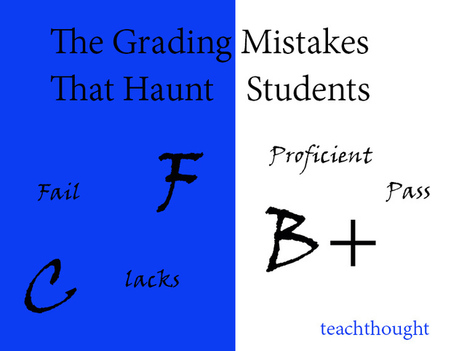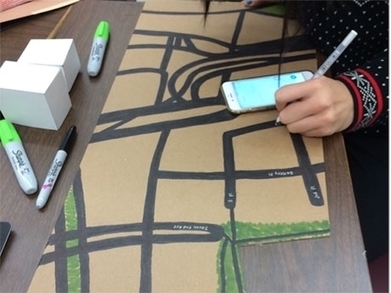Student choice and voice in learning are essential. It is important that we provide a variety of opportunities for our students to develop skills in ways that meet their specific interests and needs. We need activities and tools that will help students to develop content-area knowledge and skills, while also developing essential social-emotional learning (SEL) skills to best prepare them for their future.
Via Nik Peachey



 Your new post is loading...
Your new post is loading...













![“In the future, the whole world will be a classroom” [Gorbis] | Languages, ICT, education | Scoop.it](https://img.scoop.it/5vKOzSW7vGnNVu3SLZ2J6Dl72eJkfbmt4t8yenImKBVvK0kTmF0xjctABnaLJIm9)

















A useful read.